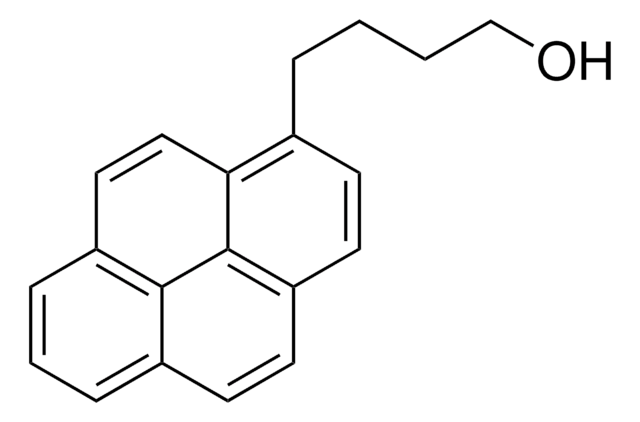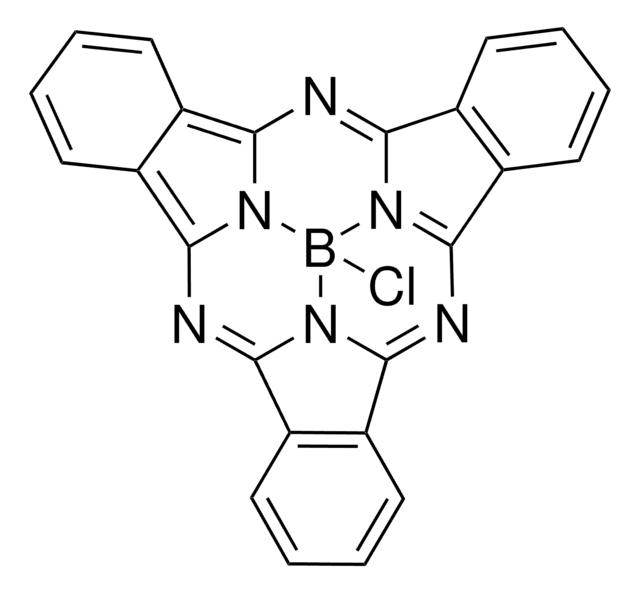544027
5,7-Hexadecadiynoic acid
97%
About This Item
Produits recommandés
Niveau de qualité
Essai
97%
Forme
solid
Pf
44-48 °C (lit.)
Groupe fonctionnel
carboxylic acid
Chaîne SMILES
CCCCCCCCC#CC#CCCCC(O)=O
InChI
1S/C16H24O2/c1-2-3-4-5-6-7-8-9-10-11-12-13-14-15-16(17)18/h2-8,13-15H2,1H3,(H,17,18)
Clé InChI
RPTNONNBJKKVEV-UHFFFAOYSA-N
Description générale
Application
Code de la classe de stockage
11 - Combustible Solids
Classe de danger pour l'eau (WGK)
WGK 3
Point d'éclair (°F)
Not applicable
Point d'éclair (°C)
Not applicable
Équipement de protection individuelle
Eyeshields, Gloves, type N95 (US)
Faites votre choix parmi les versions les plus récentes :
Certificats d'analyse (COA)
Vous ne trouvez pas la bonne version ?
Si vous avez besoin d'une version particulière, vous pouvez rechercher un certificat spécifique par le numéro de lot.
Déjà en possession de ce produit ?
Retrouvez la documentation relative aux produits que vous avez récemment achetés dans la Bibliothèque de documents.
Les clients ont également consulté
Notre équipe de scientifiques dispose d'une expérience dans tous les secteurs de la recherche, notamment en sciences de la vie, science des matériaux, synthèse chimique, chromatographie, analyse et dans de nombreux autres domaines..
Contacter notre Service technique








![Benzo[ghi]perylène 98%](/deepweb/assets/sigmaaldrich/product/structures/154/740/c50ff1be-dfb4-4159-a98c-9cecf9206ad3/640/c50ff1be-dfb4-4159-a98c-9cecf9206ad3.png)
